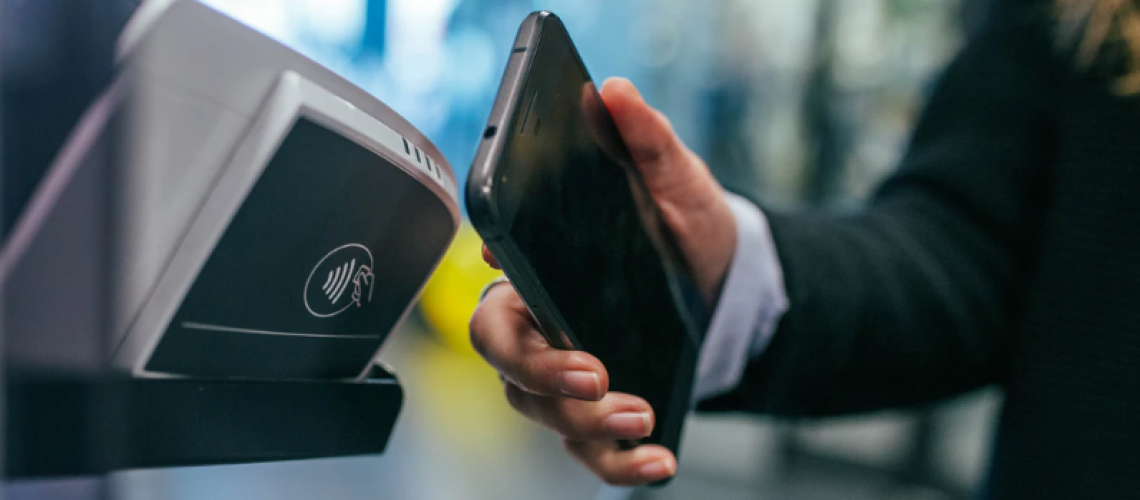And now, with the announcement of shops starting to re-open in the coming weeks, the general public will be even more glad of contactless payments and the rise in the limit we can spend using this method of paying.
Contactless Payments
Contactless in itself was raised from £30 to £45, so now anyone paying by card can just tap it on the reader and pay for their shopping without having to put their pin in – Brilliant news when the act of touching keypad buttons was thought to be the same transmission risk as cash.
What’s even better is that this limit doesn’t apply to Apple Pay or Google Pay – Neither providers impose a limit on how much people can spend using this payment method.
Although individual merchants can choose to limit payments from Apple and Google Pay to the same £45 limit as contactless, the hope is that these methods of paying will remain limitless.
Opening shops in a covid-secure way
With the recent government announcement that more non-essential retail outlets can start to open from the 15th June, consumers will be looking at how stores are operating in a Covid-19 Secure manner.
They will want to be confident that they are as safe as possible from the risk of transmission when shopping, and contactless payments could be a huge part of that.
If shoppers know that a store take Apple and Google payment methods, with no limits on spend, perhaps they will be more likely to shop there.

There’s no doubt that people will be wanting to avoid touching physical buttons and cash, so it will be interesting to see if more people set up Google and Apple Pay, if they haven’t already done so.
With the likely increase in contactless payments, will this bring forward a leap towards an even more cashless society? If shoppers get used to using contactless payment methods amid the Coronavirus crisis and as we ease into a new normal, how likely is it that we’ll go back to cash once all this is over?
Now is the time for retailers, charities and other not-for-profit organisations to look at how they take payments, including donations, and ask if they are ready for digital payment technology.


